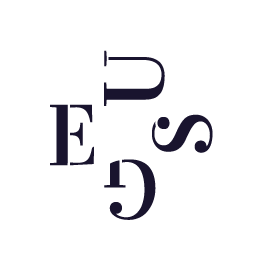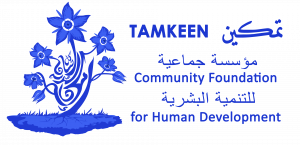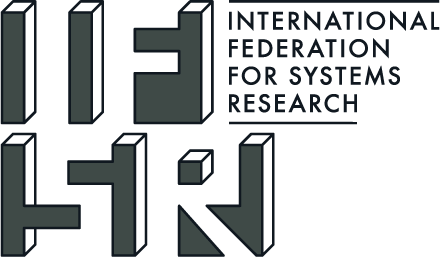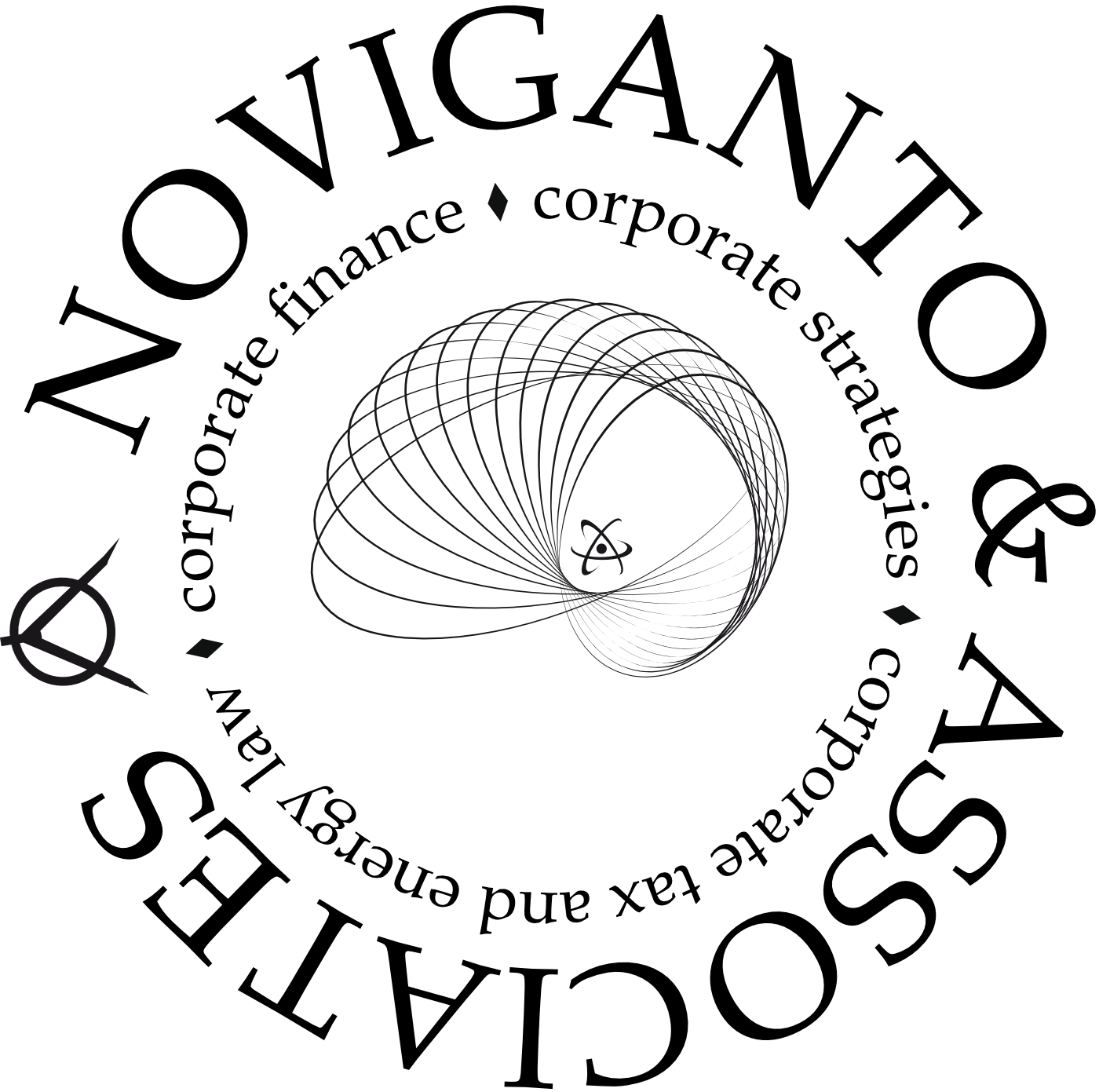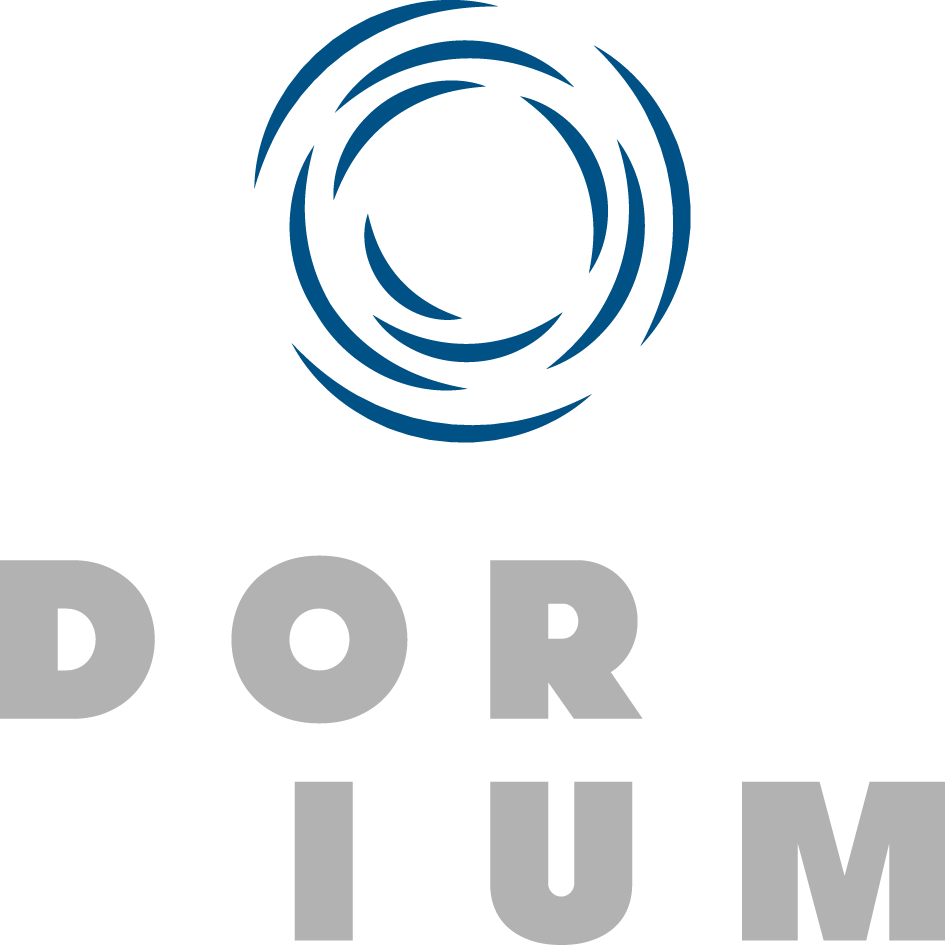

On our way
Action research
Systems Sciences
Trans-disciplinarity
-
 If a new idea does not sound crazy, it
is not an innovation. It needs to
stretch your thinking otherwise you will
only get what you had before.
If a new idea does not sound crazy, it
is not an innovation. It needs to
stretch your thinking otherwise you will
only get what you had before.
– Thomas Lehr & Louis Klein, EUSG
GROWING A SHARED UNDERSTANDING
The EUSG Research Labs
Classic research wants to build a body of knowledge in a competition of ideas. Innovative research at the EUSG grows a shared understanding from a body of co-reflected experience.Based on systems’ approaches and action learning the various EUSG research labs integrate perspectives that allow to understand the inter-dependence, multi-causality and poly-centricity of today’s challenges and solution spaces. Currently the following research labs address set out to grow a shared understanding of some of the most pressing challenges of the Anthropocene in the 21st century.
OUR LABS
The European Polity Lab
has been the most successful of the EUSG hubs so far generating a wealth of public attention for innovation, change and improvement in politics. Ulrike Guérot, the director of the European Democracy Hub and professor at the Danube University of Krems in Austria, shifted the political agenda in Europe with her works on the utopian vision of the European Republic.
 European Polity Lab Projects
European Polity Lab Projects
 European Polity Lab Projects
European Polity Lab ProjectsThe Systemic Change Lab
is dedicated to the state-of-the-art of change management based on systems approaches and cybernetics. In close cooperation with the Club of Rome, the International Society for the Systems Sciences (ISSS) and the World Organisation for Systems and Cybernetics (WOSC) the Systemic Change Hub ventures the challenges of the digital transformation for socio-technical systems on our planet.
The Project Governance Lab
builds on the rich experience in leading project, portfolio and programme management in business and industry. Inspired not only by the good examples of the Norwegian ministry of finance concept programme and the Major Projects Authority of the British cabinet office the Project Governance Lab promotes knowledge transfer and further developments for the public realm. The Project Governance Lab works closely with the International Project Management Association (IPMA) and the International Center for Complex Project Management (ICCPM).
The Strategic Foresight Lab
pursues the question what good or excellent foresight actually is. Surely it needs thorough foresight to identify the option and solution spaces, their efficacy and robustness. Yet, there is little knowledge about evaluation not only results but the actual approaches of foresight practices.
The Good Governance Lab
addresses not only ethics and philosophy of management and governance. Good Governance can be regarded as a practice with a quality. Hence, on the one hand the Good Governance Lab cooperates with the World Ethos Institute for ethics and philosophy and on the other hand the Good Governance Lab looks deeply into the examples for good governance and management practices, as our partner the Globally Responsible Leadership Initiative (GRLI).
The One Health Lab
explores the interplay of health and culture. The immediate aspect is to realise to which extend individual health depends on cultural contexts. Next is to acknowledge that context is an important variable for any cure or healing process. And finally culture as such can be more or less sane or more or less patholigic. Apithology, i.e. the studies of the generative causes of health and wellness in living systems, sits in the focus of our cooperation with the International Society for Naturopathy and Cultural Health (IGNK).
The Ocean Health Lab
suggests Ocean Health as an indicator for planetary well-being. Strictly transdisciplinary the combined research efforts of ocean sciences and humanities explore the conditions to impactfully improve the planetary well-being beyond climate change. Ocean literacy provided not only scientific insights which lead to transdisciplinary projects acknowledging the complexity of the root causes to planetary well-being. Now the Ocean Health Lab looks at the conditions for the possibility of impactful action.
Position paper # 84
The Arctic Lab
considers the nature and peoples of the Arctic as a teacher and cautionary tale to human kind and wants to find out, what they can tell us. The Arctic Lab wants to illuminate, how the people of the Arctic, with their history, stories and their relationship to nature, can assist a new kind of leadership for other people on this planet. A leadership that supports the transformation process of the present society towards a sustainable society. A leadership that is driven by compassion and clarity and an understanding of the connectivity of the human-world with the non-human world.
The Organising Digitality Lab
Machines take over work. Digital Networks replace organizations, corporations
as well as public institutions. Technology fullfills managerial functions – this is
the typical picture, the digitalisation debate paints. And while technological,
economic and social circumstances have changed and continue to do so, the
need for people to work still persists. The challenges of coordinating and
steering such work activities in this digital world are demanding. Our main
thesis is therefore that digitization does not mean less work, less organization
and less management, but rather requires – and brings with it – all of these,
albeit in different shapes, shades, and forms.
The Gaia Storytelling Lab
is created for enacting the 17 sustainable development goals in order to put planet in the center of all things through practices of storytelling and -making. Storytelling and -making refer to the ways in which people craft realities as true, meaningful, answerable and sustainable actions. Stories are considered collective, material and situated. According to Hannah Arendt, such actions are necessarily submitted to two principles in order to be sustainable: natality and pluralism. Natality is the principle of rebirth. underlines our responsibility to provide future generations with the possibilities of beginning anew. Thus, it means that every newborn member has the possibilities to act and create within the confines of collective responsibility. Pluralism emphasizes that we are essentially born from plurality in terms of race, species, flora and so forth. In short we are born from the plurality of life and the building blocks of life. Storytellers are healing artists, they encourage us to change perspectives on life enable practitioners to becoming a louder voice in public and allow networks to thrive.
The Consciousness Development Lab
is dedicated to the exploration of human consciousness, venturing into the unseen and the unknown with the intention of articulating the emerging narratives of a much-needed convergence and conciliation between the academic and the spiritual domains. Consciousness Development Lab seeks to advance Anthropocene Thinking through applying holistic perspectives to the challenges of contemporary consciousness development discourse, with the ultimate goal of reclaiming and integrating the wholesome paradigm of humanity’s development.
Artist in Residence
wants to pose questions in order to open up inner and interpersonal spaces. Thus, it is creating essential dialogue for the necessary frame of mind which can enable the paradigm shift our world needs.
“Artist in Residence” is intending to change our perspective on the Anthropocene with the means of art. - Art communicates sensually as well as intellectually. If we venture into the exchange, we can gain a multifaceted, kaleidoscopic view of the world.
“Artist in Residence” is dedicated to working for the evolution of spirit.
GROWING A SHARED UNDERSTANDING
The EUSG Research Labs
Classic research wants to build a body of knowledge in a competition of ideas. Innovative research at the EUSG grows a shared understanding from a body of co-reflected experience.Based on systems’ approaches and action learning the various EUSG research labs integrate perspectives that allow to understand the inter-dependence, multi-causality and poly-centricity of today’s challenges and solution spaces. Currently the following research labs address set out to grow a shared understanding of some of the most pressing challenges of the Anthropocene in the 21st century.
OUR LABS
The European Democracy Lab
had been the most successful of the EUSG hubs so far generating a wealth of public attention for innovation, change and improvement in politics. Ulrike Guérot, the director of the European Democracy Hub and professor at the Danube University of Krems in Austria, shifted the political agenda in Europe with here works on the utopian vision of the European Republic.
 European Democracy Lab Projects
European Democracy Lab Projects
 European Democracy Lab Projects
European Democracy Lab ProjectsThe Systemic Change Lab
is dedicated to the state-of-the-art of change management based on systems approaches and cybernetics. In close cooperation with the Club of Rome, the International Society for the Systems Sciences (ISSS) and the World Organisation for Systems and Cybernetics (WOSC) the Systemic Change Hub ventures the challenges of the digital transformation for socio-technical systems on our planet.
The Project Governance Lab
builds on the rich experience in leading project, portfolio and programme management in business and industry. Inspired not only by the good examples of the Norwegian ministry of finance concept programme and the Major Projects Authority of the British cabinet office the Project Governance Lab promotes knowledge transfer and further developments for the public realm. The Project Governance Lab works closely with the International Project Management Association (IPMA) and the International Center for Complex Project Management (ICCPM).
The Strategic Foresight Lab
pursues the question what good or excellent foresight actually is. Surely it needs thorough foresight to identify the option and solution spaces, their efficacy and robustness. Yet, there is little knowledge about evaluation not only results but the actual approaches of foresight practices.
The Good Governance Lab
addresses not only ethics and philosophy of management and governance. Good Governance can be regarded as a practice with a quality. Hence, on the one hand the Good Governance Lab cooperates with the World Ethos Institute for ethics and philosophy and on the other hand the Good Governance Lab looks deeply into the examples for good governance and management practices, as our partner the Globally Responsible Leadership Initiative (GRLI).
The One Health Lab
explores the interplay of health and culture. The immediate aspect is to realise to which extend individual health depends on cultural contexts. Next is to acknowledge that context is an important variable for any cure or healing process. And finally culture as such can be more or less sane or more or less patholigic. Apithology, i.e. the studies of the generative causes of health and wellness in living systems, sits in the focus of our cooperation with the International Society for Naturopathy and Cultural Health (IGNK).
The Ocean Health Lab
suggests Ocean Health as an indicator for planetary well-being. Strictly transdisciplinary the combined research efforts of ocean sciences and humanities explore the conditions to impactfully improve the planetary well-being beyond climate change. Ocean literacy provided not only scientific insights which lead to transdisciplinary projects acknowledging the complexity of the root causes to planetary well-being. Now the Ocean Health Lab looks at the conditions for the possibility of impactful action.
Position paper # 84
The Arctic Lab
considers the nature and peoples of the Arctic as a teacher and cautionary tale to human kind and wants to find out, what they can tell us. The Arctic Lab wants to illuminate, how the people of the Arctic, with their history, stories and their relationship to nature, can assist a new kind of leadership for other people on this planet. A leadership that supports the transformation process of the present society towards a sustainable society. A leadership that is driven by compassion and clarity and an understanding of the connectivity of the human-world with the non-human world.
The Organising Digitality Lab
Machines take over work. Digital Networks replace organizations, corporations
as well as public institutions. Technology fullfills managerial functions – this is
the typical picture, the digitalisation debate paints. And while technological,
economic and social circumstances have changed and continue to do so, the
need for people to work still persists. The challenges of coordinating and
steering such work activities in this digital world are demanding. Our main
thesis is therefore that digitization does not mean less work, less organization
and less management, but rather requires – and brings with it – all of these,
albeit in different shapes, shades, and forms.
The Sustainable Storytelling Lab
is created for enacting the 17 sustainable development goals in order to put planet in the center of all things through practices of storytelling and -making. Storytelling and -making refer to the ways in which people craft realities as true, meaningful, answerable and sustainable actions. Stories are considered collective, material and situated. According to Hannah Arendt, such actions are necessarily submitted to two principles in order to be sustainable: natality and pluralism. Natality is the principle of rebirth. underlines our responsibility to provide future generations with the possibilities of beginning anew. Thus, it means that every newborn member has the possibilities to act and create within the confines of collective responsibility. Pluralism emphasizes that we are essentially born from plurality in terms of race, species, flora and so forth. In short we are born from the plurality of life and the building blocks of life. Storytellers are healing artists, they encourage us to change perspectives on life enable practitioners to becoming a louder voice in public and allow networks to thrive.
The Consciousness Development Lab
is dedicated to the exploration of human consciousness, venturing into the unseen and the unknown with the intention of articulating the emerging narratives of a much-needed convergence and conciliation between the academic and the spiritual domains. Consciousness Development Lab seeks to advance Anthropocene Thinking through applying holistic perspectives to the challenges of contemporary consciousness development discourse, with the ultimate goal of reclaiming and integrating the wholesome paradigm of humanity’s development.
Artist in Residence
wants to pose questions in order to open up inner and interpersonal spaces. Thus, it is creating essential dialogue for the necessary frame of mind which can enable the paradigm shift our world needs.
“Artist in Residence” is intending to change our perspective on the Anthropocene with the means of art. - Art communicates sensually as well as intellectually. If we venture into the exchange, we can gain a multifaceted, kaleidoscopic view of the world.
“Artist in Residence” is dedicated to working for the evolution of spirit.
